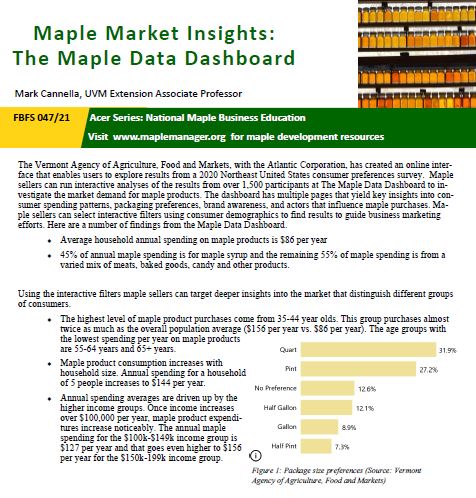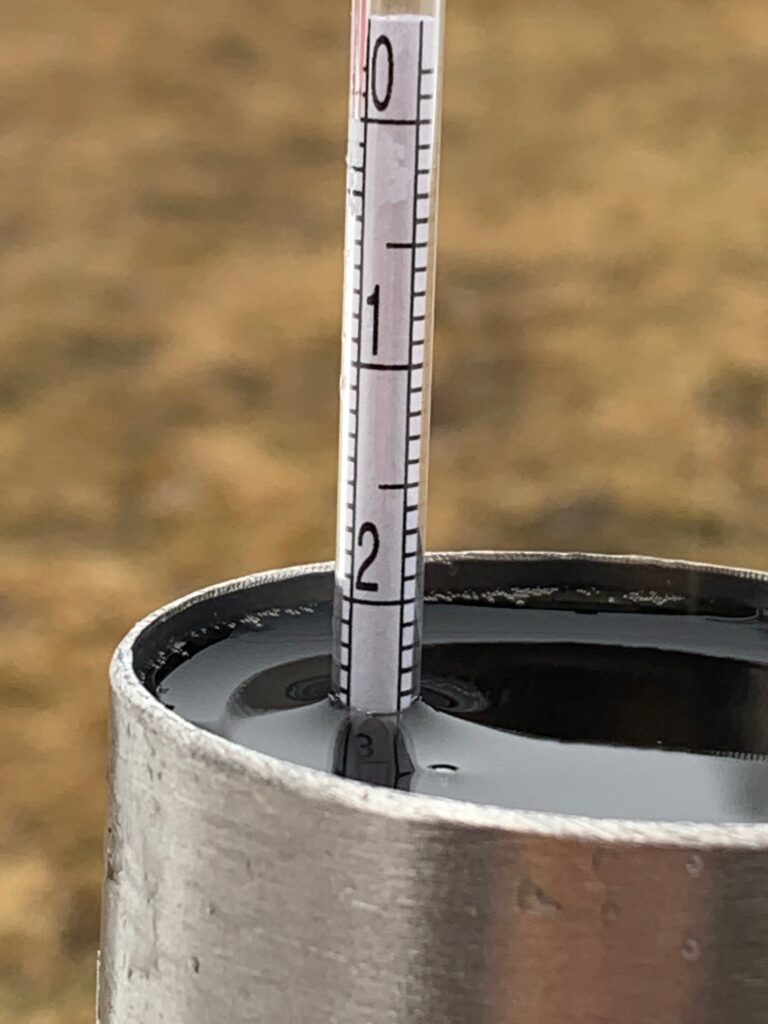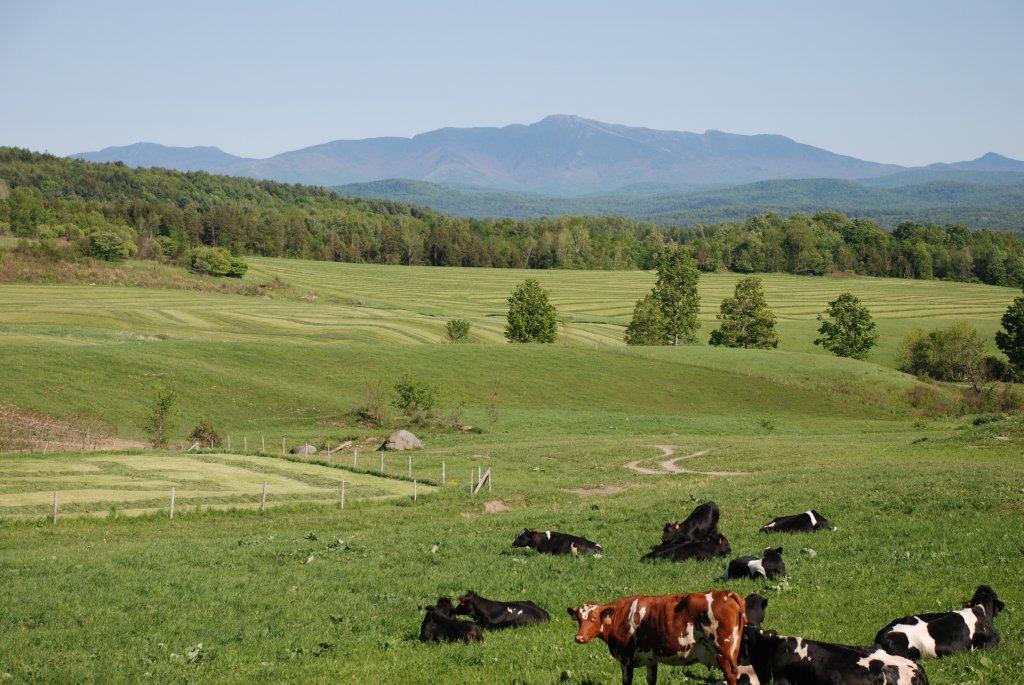by Betsy Miller UVM Extension Farm Business Educator
This time of year finds the staff of UVM Extension Agricultural Business holding one-on-one budget/business coaching sessions around the state. Typically, these are a time to prepare year-end financial statements or a budget for the coming year, discuss capital investments and anticipated changes to the business, and/or do some financial analysis of the business. This year as we help farmers prepare their year-end statements and review the past year, we are seeing many farms that received CARES Act or VCAAP funds.
While wrapping up my work with one farmer, they commented that at least they made a profit in 2020. Technically, yes, the bottom line was black. On the one hand, they are right to feel relieved. In a very trying year when all was said and done the government funds provided the relief they needed and kept them going. On the other hand, however, this doesn’t necessarily mean that their business was profitable.
When a farm takes in a significant amount of extraordinary income—in this case relief funds— how do we interpret the financial statements to assess the performance in the fiscal year? In the case of the VCAAP funds, they were based on a farm’s “normal” operations and meant to replace the measurable impact of the pandemic on the business. In theory, the addition of these funds could help to normalize the cash flow impact and the result would be a “typical” year. Other relief funds were not as directly tied to replacing lost income and therefore the result is more nebulous.
As I’ve reviewed farm financial statements this year, I’ve concluded that when we record 2020 financials, we should report them with an asterisk and be careful not to draw too many conclusions about the health or profitability of the farm based upon them. Projecting for 2021 and beyond will be challenging as we try to predict what “the new normal” will look like. Don’t let 2020 derail you from efforts to achieve your financial goals.




